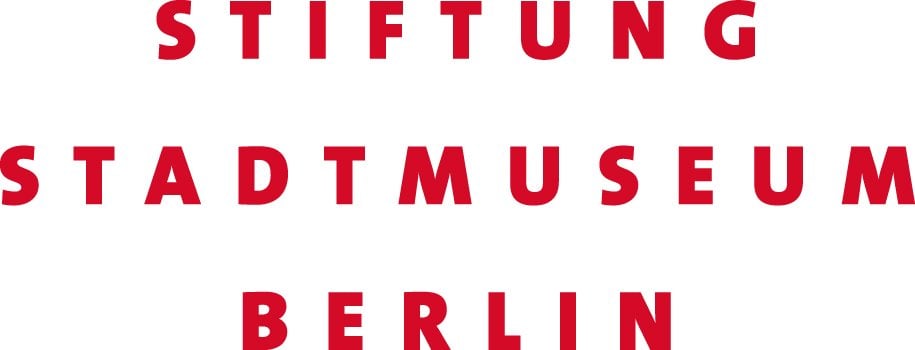Becoming kin: the making of kinship in Indigenous Amazonia
{{ time.start_TS | TS2dateFormat('MMM') }}
{{ time.start_TS | TS2dateFormat('YYYY') }}
| free admission |
| Ground Floor, Hall 3 |
| Part of: Lecture series “Family Matters” |
In this seminar, Prof. Dr. Aparecida Vilaca intends to discuss, based on her personal experience recounted in the book Paletó and Me. Memories of my Indigenous Father (Stanford 2021), how Amazonian indigenous peoples conceive of kinship not as something given from biological relationships, but to be produced in perpetuity through acts of care and recognition.
Participants
Prof. Dr. Aparecida Vilaca (Programa de Pós-Graduação em Antropologia Social Museu Nacional, São Paulo)
Prof. Dr. Daniel Tyradellis (Humboldt University of Berlin)
Dr. Alia Rayyan (Humboldt University of Berlin)
Dr. Laura Goldenbaum (Stiftung Humboldt Forum im Berliner Schloss)
Aparecida Vilaça is Associate Professor at the Graduate Program in Social Anthropology/MuseuNacional/Universidade Federal do Rio de Janeiro and a researcher for the National Science Research Council (CNPq). Since 1986 she works among the Wari’ Indians of South-Western Amazonia, Brazil. Her fieldwork has been financed by the Ford Foundation, the Wenner-Gren Foundation for Anthropological Research and the John Simon Guggenheim Foundation. She was Professeur Invité at the École des Hautes Études en Sciences Sociales in Paris in 1999, Directeur d’Études Invité at the École Pratique des Hautes Études in the same city in 2000, Visiting Professor of the Centre of Latin American Studies of the University of Cambridge (UK) in 2001 and Visiting Scholar at the Department of Social Anthropology at the same University in 2004.
Aparecida Vilaça is the author of multiple books, including Strange Enemies: Indigenous Agency and Scenes of Encounters in Amazonia, Praying and Preying: Christianity in Indigenous Amazonia, Comendo como Gente: Formas do Canibalismo Wari’. Keen to collaborative research, she has recently co-authored Science in the Forest, Science in the Past. Her book Paletó and Me: Memories of My Indigenous Father has recently won the Casa de las Americas nonfiction award, the most important Latin American book prize. Her powerful essay, Mourning Kin After the End of Cannibalism, has appeared in Sapiens.
This lecture is part of the “Beziehungsweise Familie” lecture series, which is the prelude to the Humboldt Forum’s program year for 2025-26, under the same title.
The lecture series is being held as part of a collaboration between all institutions of the Humboldt Forum.
Head Curator for the Programme year 2025-26: Dr. Laura Goldenbaum

